The VI World Forum on Local Economic Development closes with a joint declaration reinforcing the global commitment to fair territorial development
News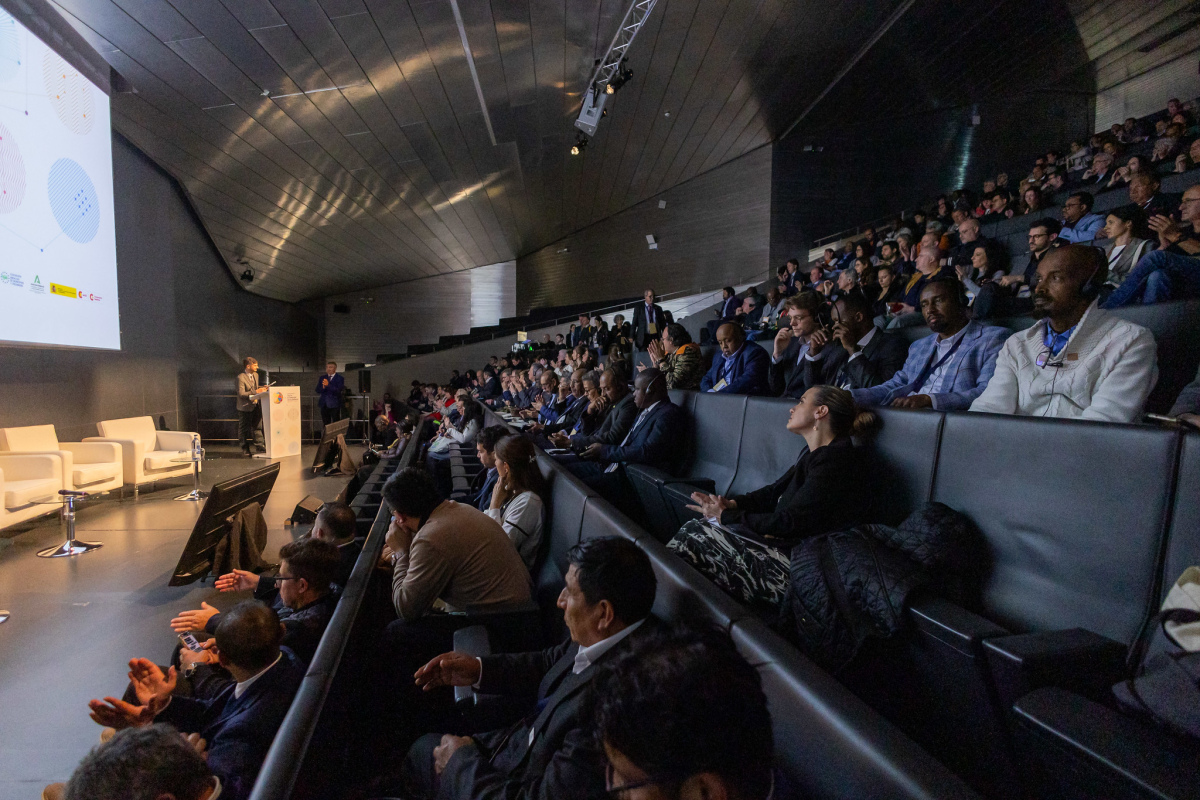
On its third day, the VI World Forum on Local Economic Development concluded with the reading of a final declaration that vindicates the central role of territories in achieving a just transition, rethinking the financing of development and unlocking the potential of local economic development from an inclusive and sustainable perspective.
The morning began with the political dialogue Towards the World Social Summit for Development, which linked the preparatory processes for the Second World Summit for Social Development (WSSD2), to be held in November in Doha, and the Fourth International Conference on Financing for Development (FfD4) scheduled for July in Seville. The session was attended by Sergio Colina, Director General of Development Policies at the Spanish Ministry of Foreign Affairs, EU and Cooperation; Claire Courteille, Senior Advisor to the World Social Summit at the ILO; Andrés Perelló Rodríguez, Director General of Casa Mediterráneo; Pablo Fernández Marmissolle-Daguerre, Deputy Secretary General of UCLG; and Stefano Lo Russo, Mayor of Turin (Italy). Aude Saldana, secretary general of the World Social and Solidarity Economy Forum, moderated the dialogue. The space allowed for the articulation of synergies and commitments around a renewed global social contract, with a strong commitment to social justice and decent work.
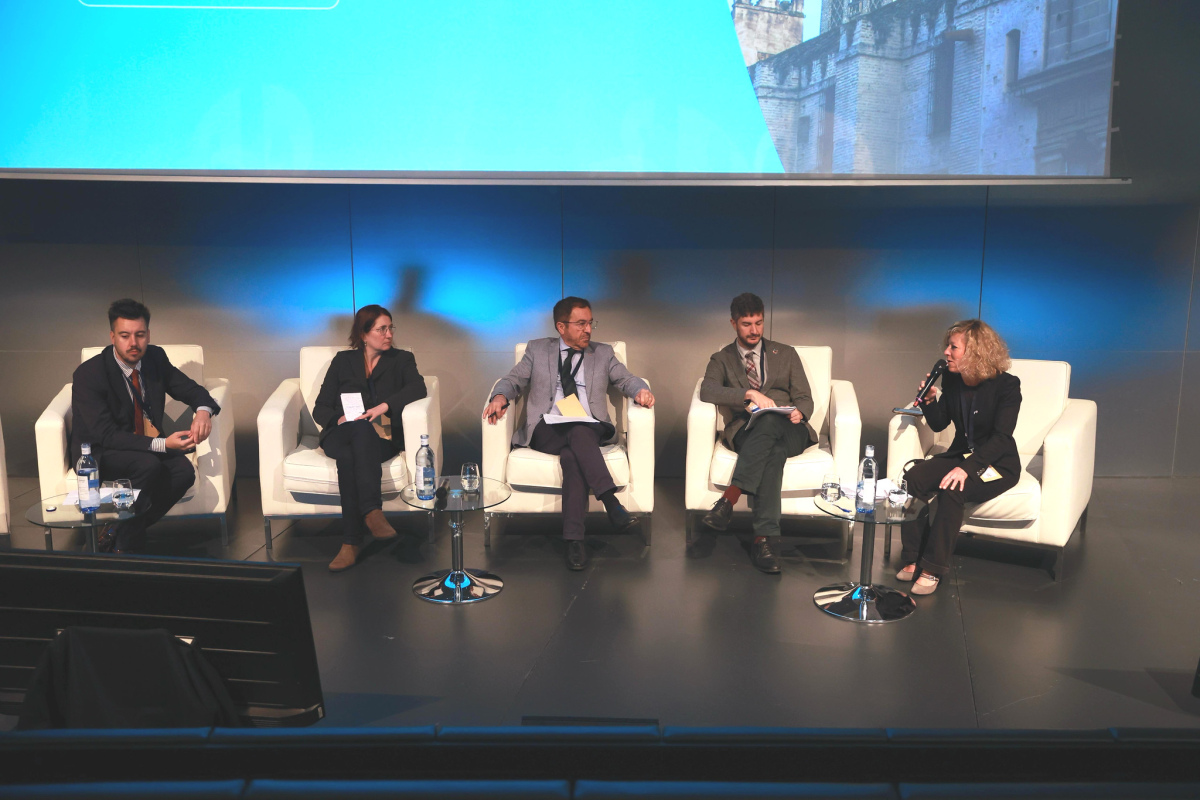
Simultaneously, the political dialogue Financing local economic development was held, which brought to the table the challenges faced by subnational governments in accessing adequate resources. Francisco Toajas, International Cooperation Councillor for the Provincial Council of Seville, moderated a panel made up of Fatiha El Moudni, Mayor of Rabat (Morocco); Daniel Passerini, Mayor of Córdoba (Argentina); Wobine Buijs, Mayor of Oss (Netherlands); Jordi Llopart, Senior Advisor to the UNDP; and José María Bellido, Mayor of Córdoba (Spain). The urgency of reforming the legal and fiscal frameworks was emphasised, as well as the promotion of public-private partnerships to guarantee sustainable financing adapted to the territories.
Other sessions during the morning addressed key dimensions of local development from different perspectives. In the panel Territories in conflict: LED as a generator of peace, territorial strategies were shared that promote social cohesion and reconstruction in contexts of crisis. The session on Social and solidarity economy and care presented good practices that link care with the SSE as the basis of an inclusive economy. In parallel, the workshop Experiences of energy communities as a boost for employment and local development showcased successful cases of energy transition with an impact on local employment. There were also innovative spaces such as the workshop Governing after dark, which focused on safe and vibrant night economies; and the session Proposals for the territorial promotion of care policies, which brought together experiences from different levels of government around the institutionalisation of care.
The high-level plenary A new look at the territorial economy based on people and the planet brought together key voices to reflect on the paths towards new economies centred on care, inclusion and sustainability. Participants included Emilia Sáiz, Secretary General of UCLG; Pierre Hurmic, Mayor of Bordeaux; Bruno Quick, Executive Director of SEBRAE (Brazil); Julio Millán, Mayor of Jaén; and Antonio Ismael Huertas Mateo, Director General of Social Protection and Priority Action Districts of the Regional Government of Andalusia. The session was moderated by Blanca Miedes, director of COIDESO. It was emphasised that ‘without a territorial shift in economies, we will not be able to guarantee social cohesion or environmental balance’, and a call was made to promote models based on the social and circular economy and the common good.
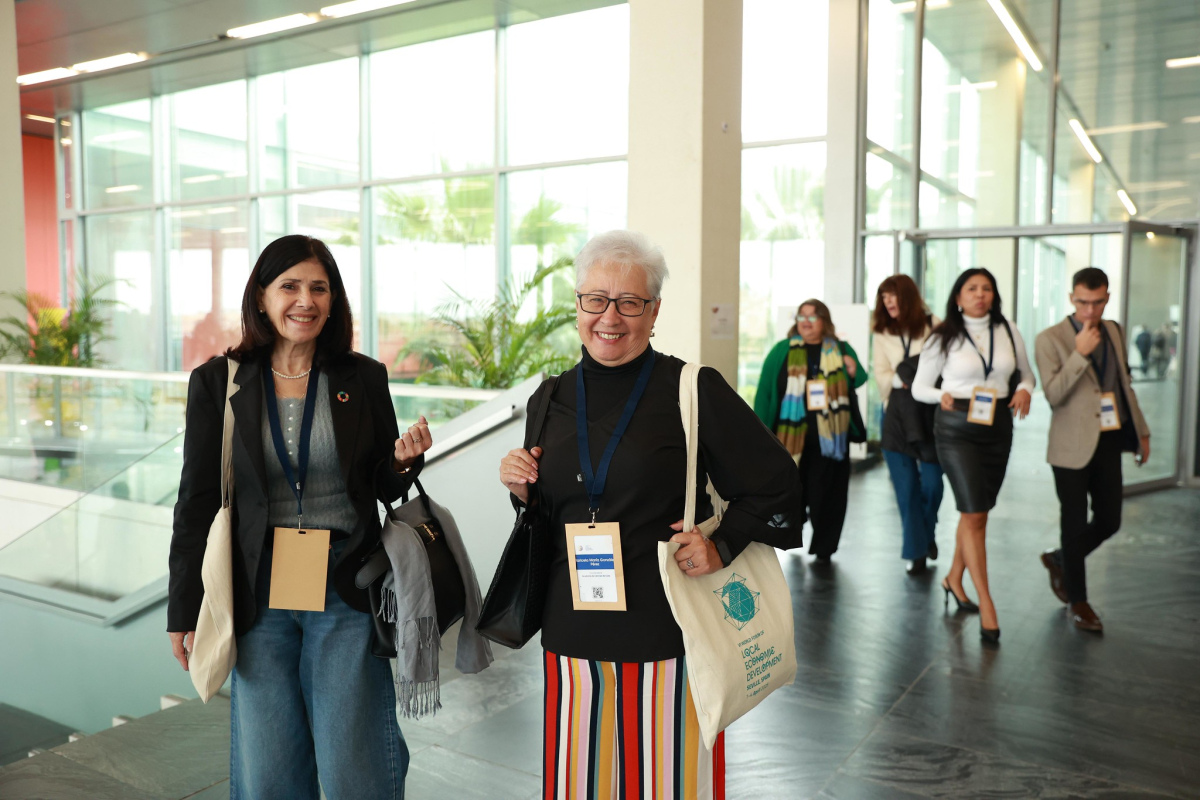
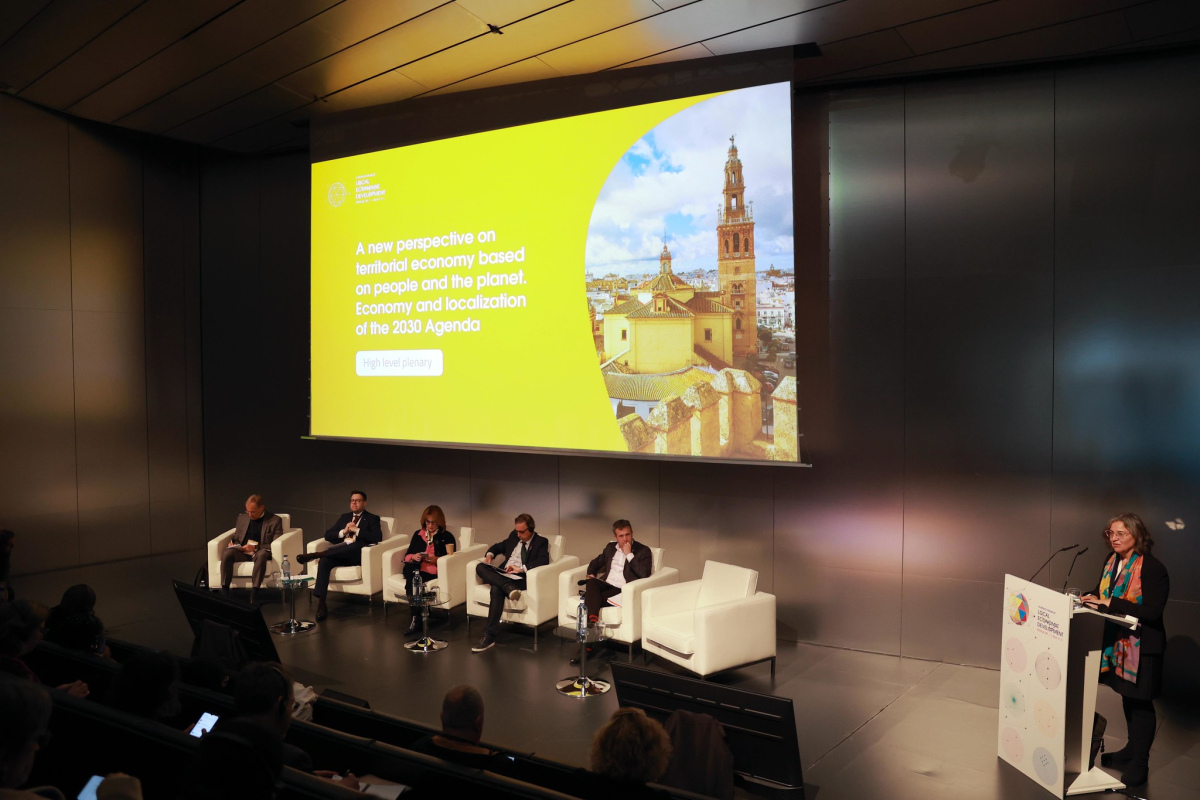
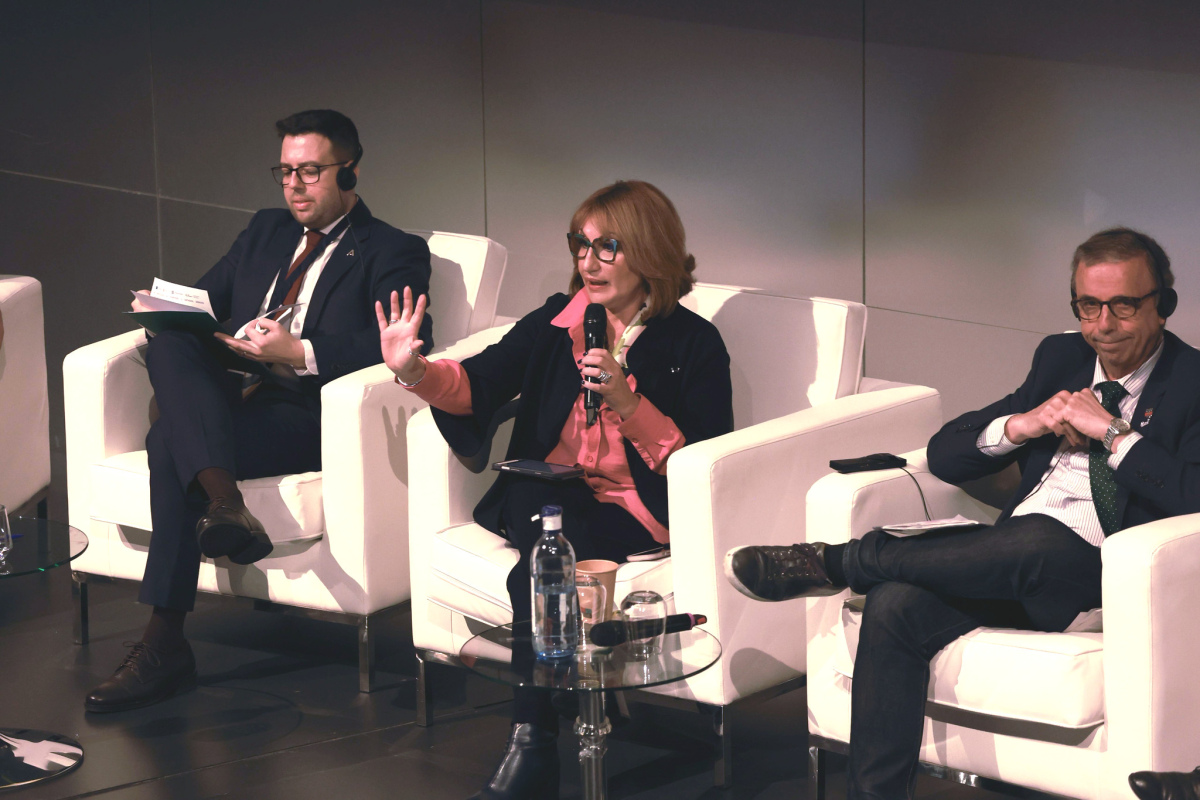
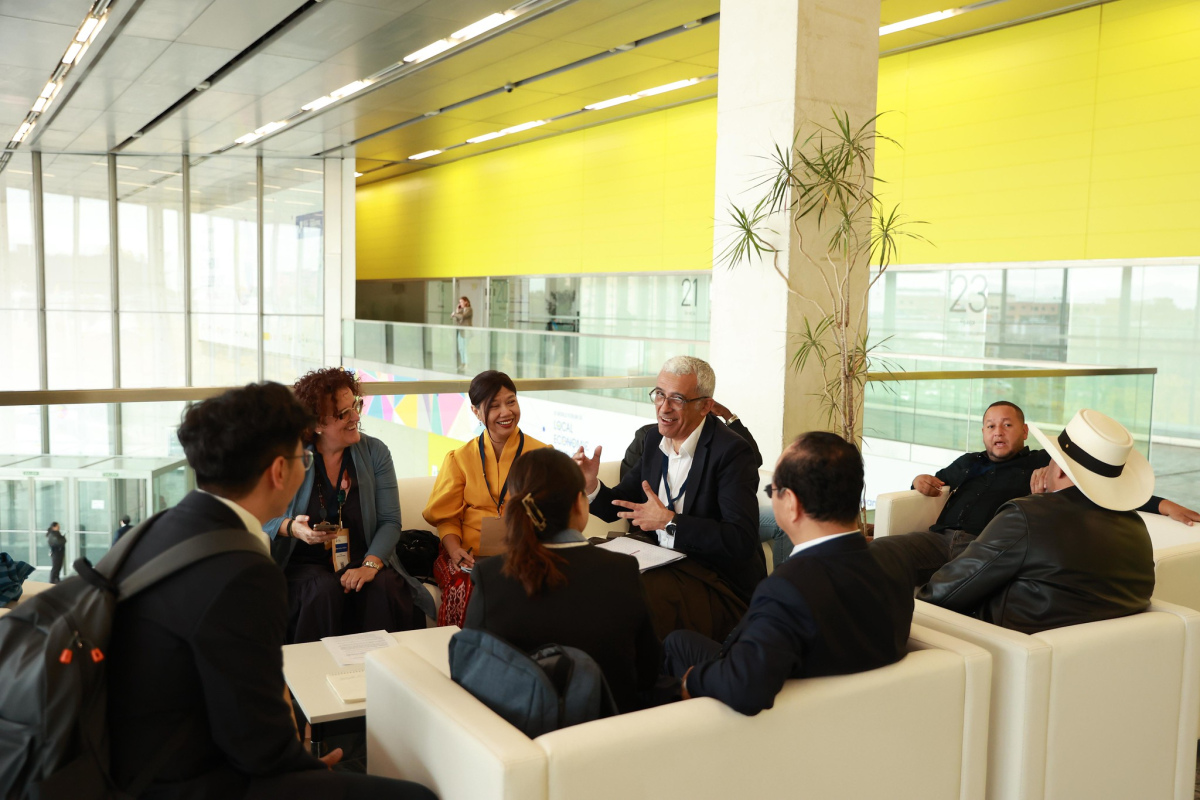
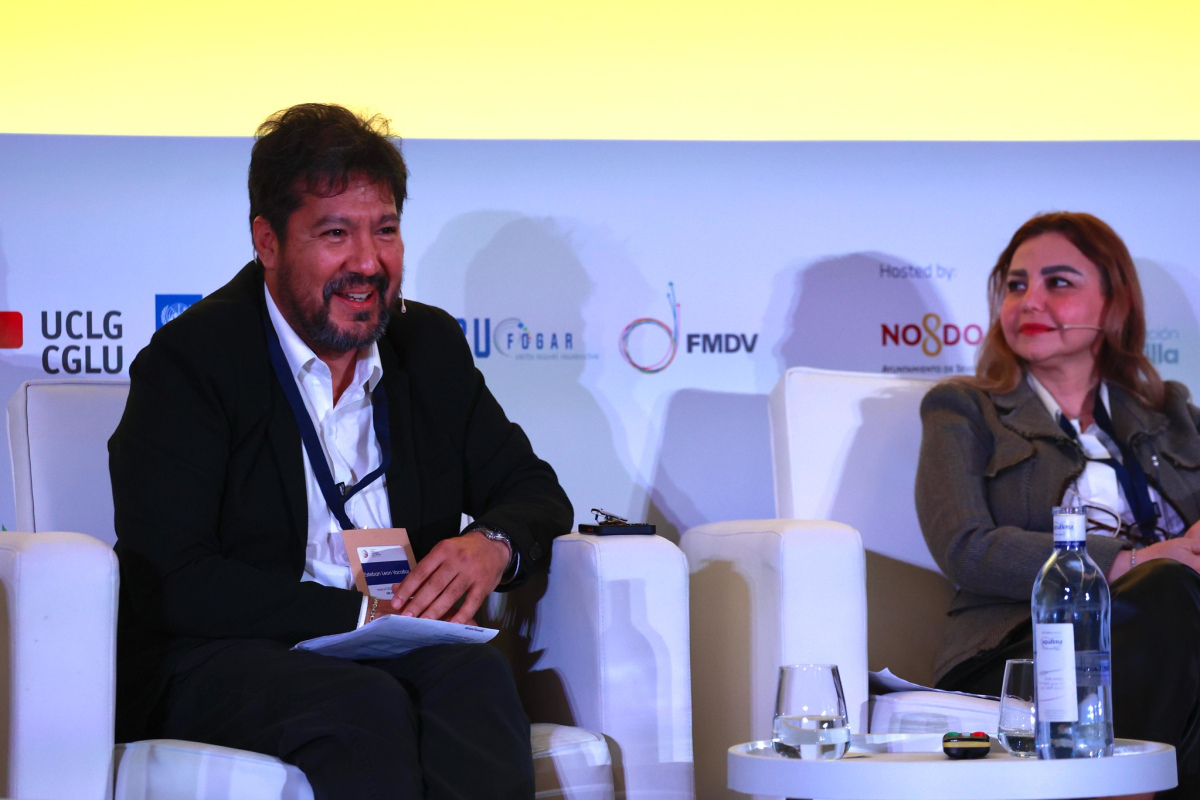
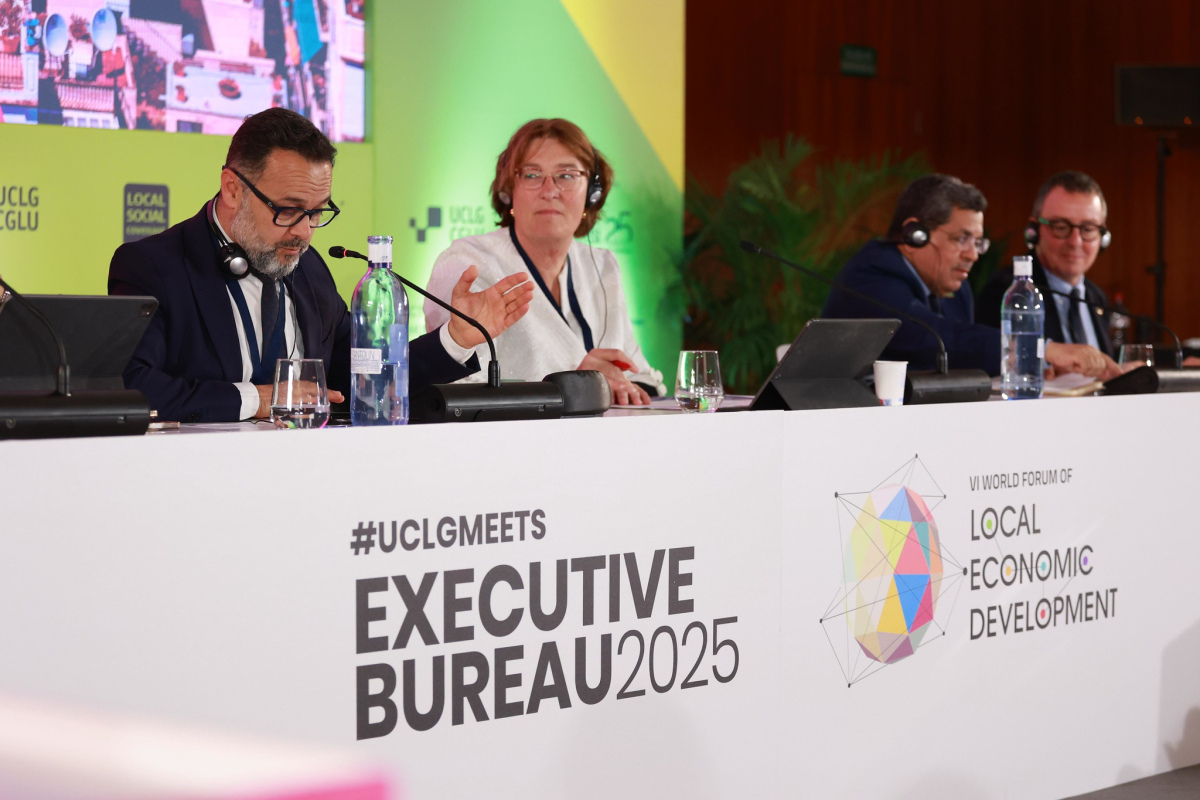
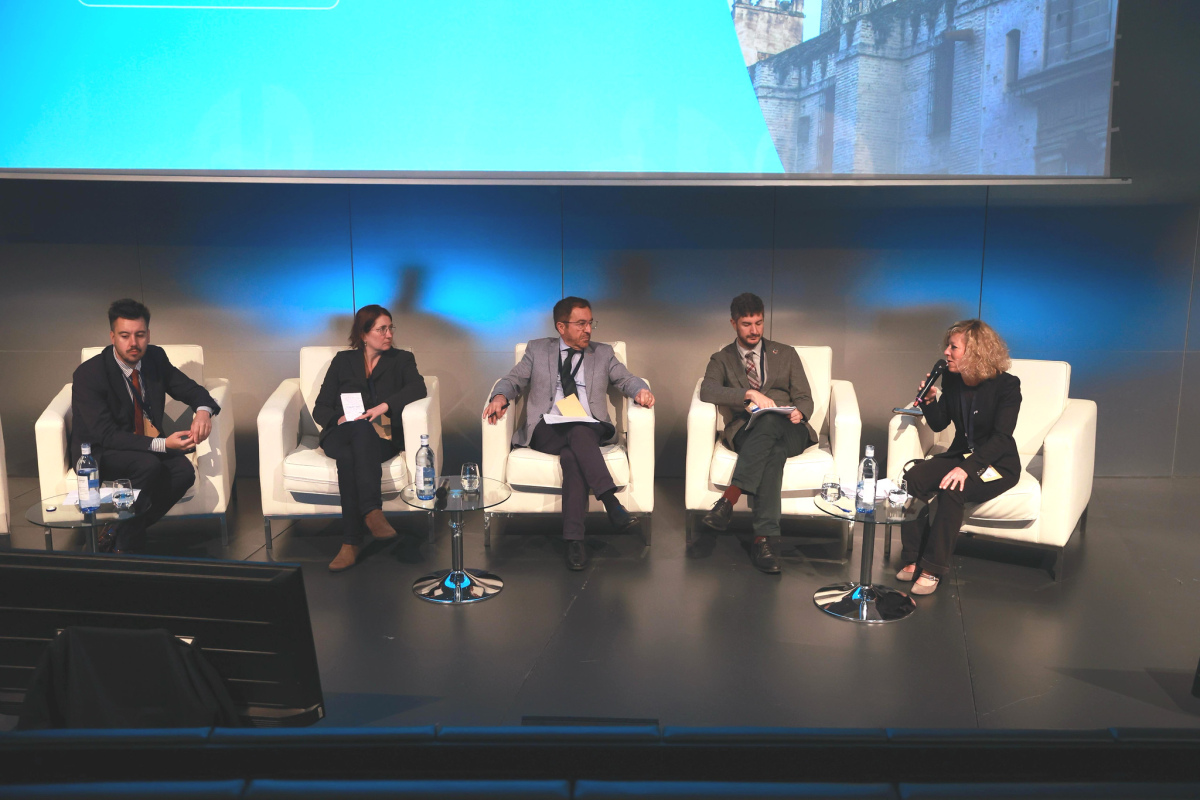
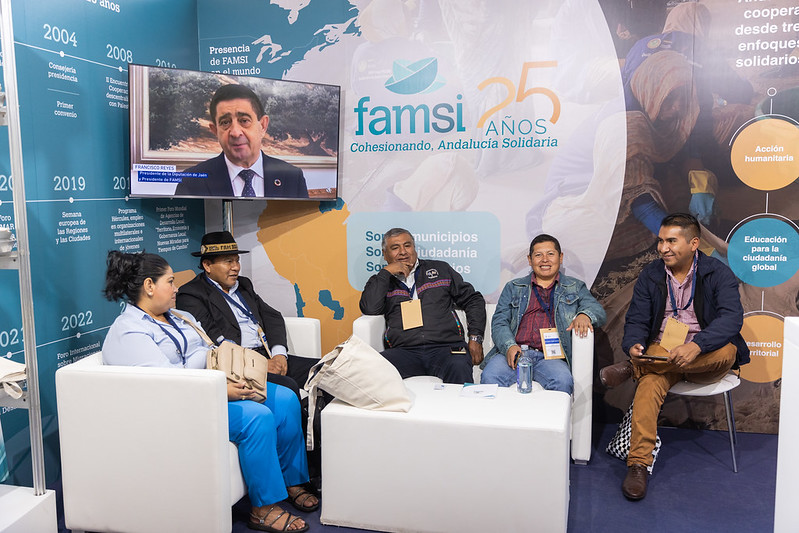
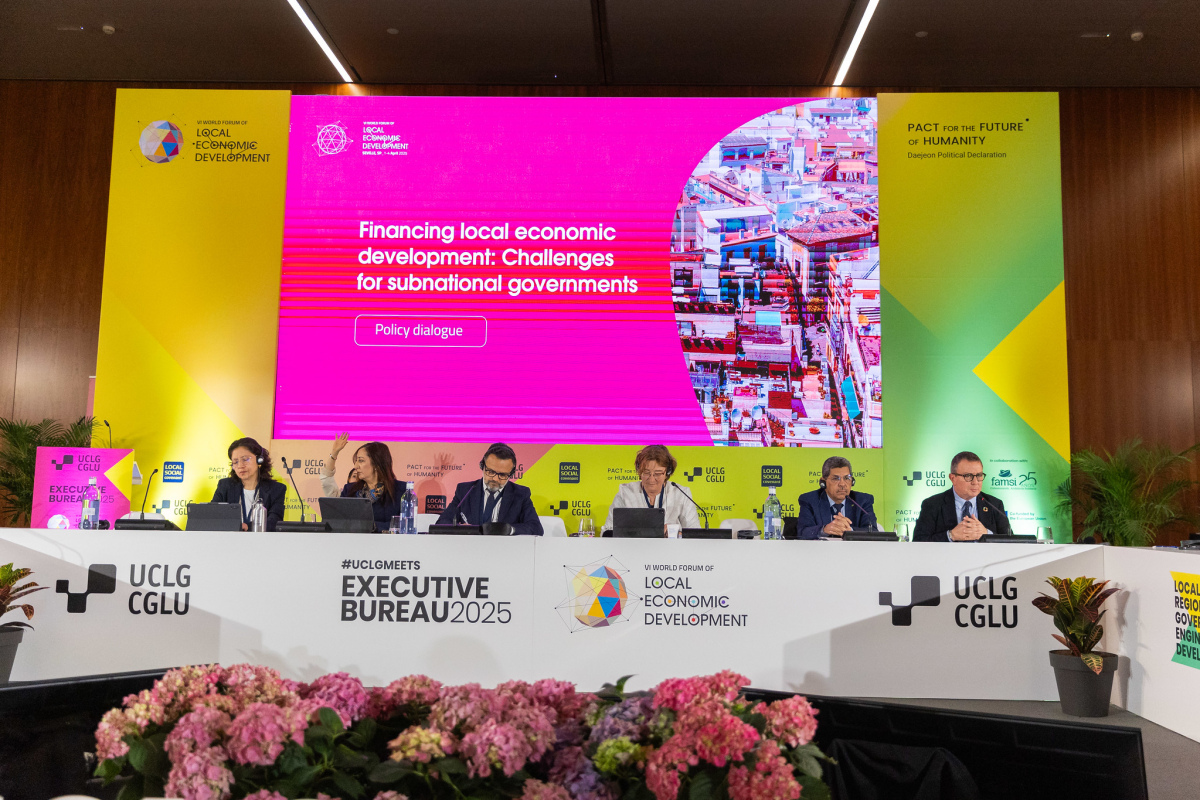
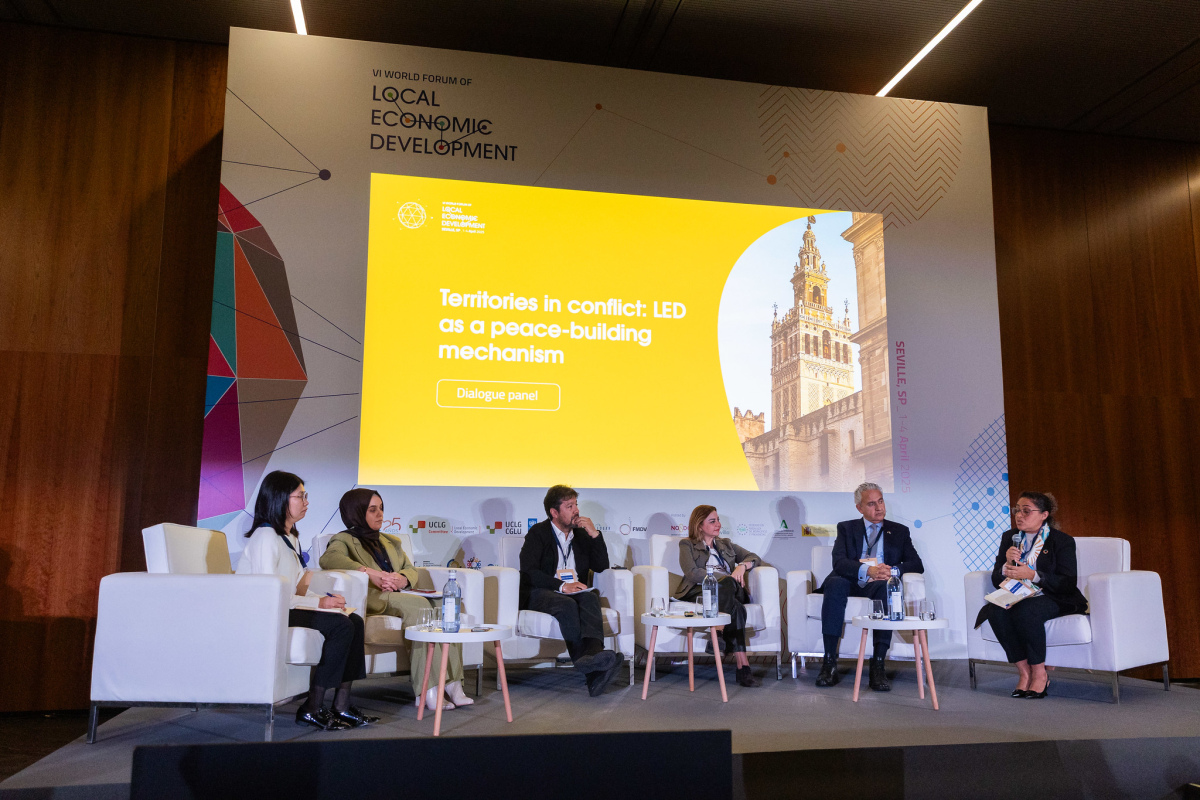
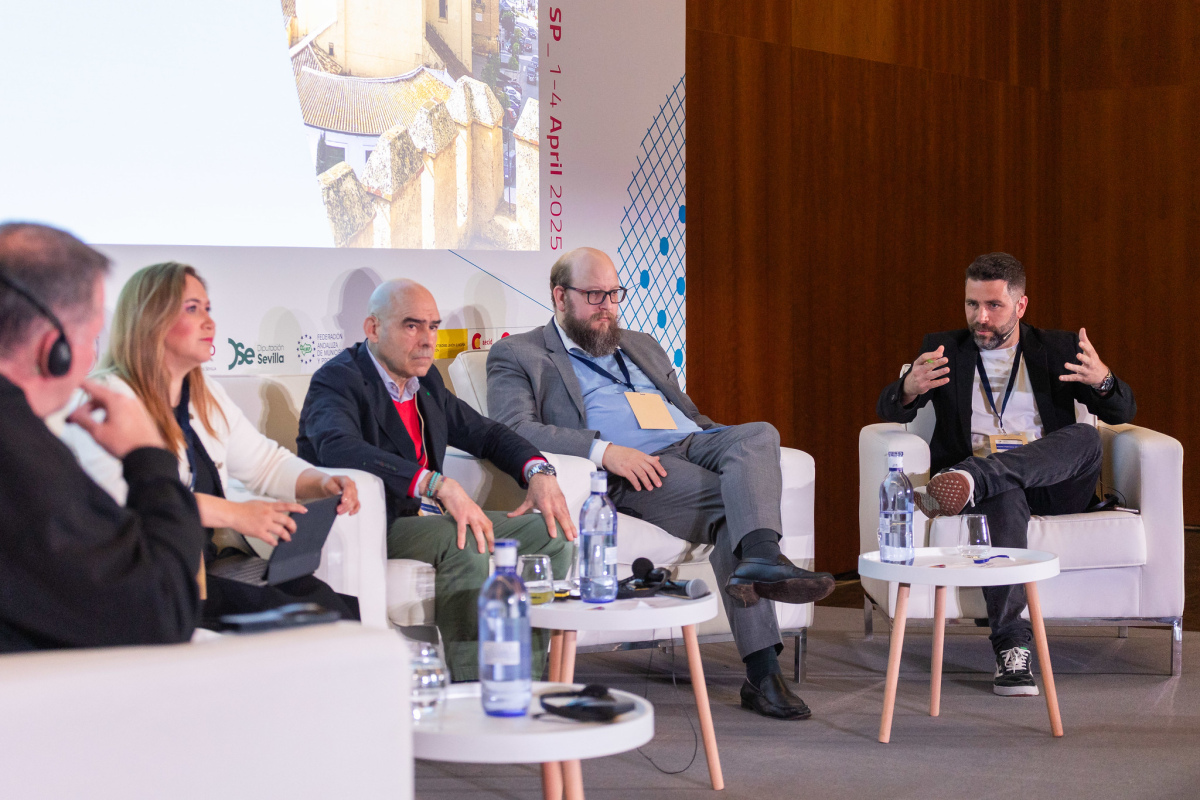
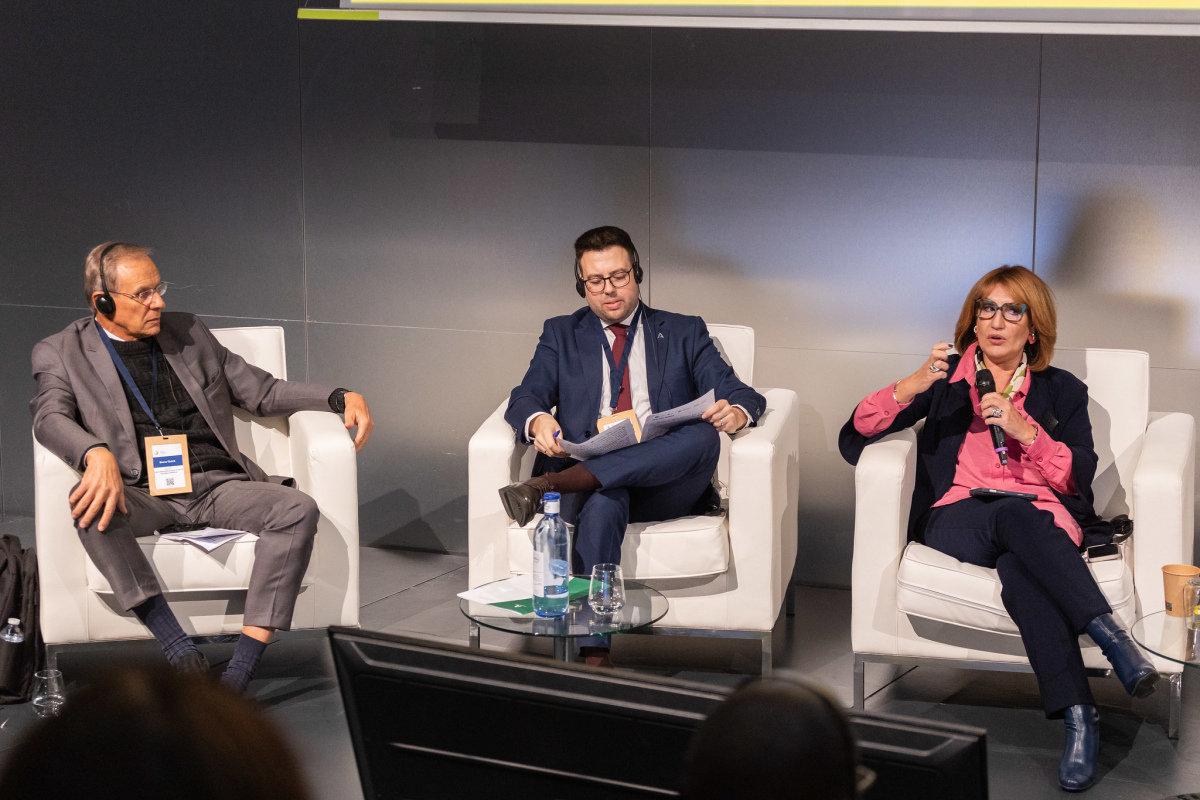
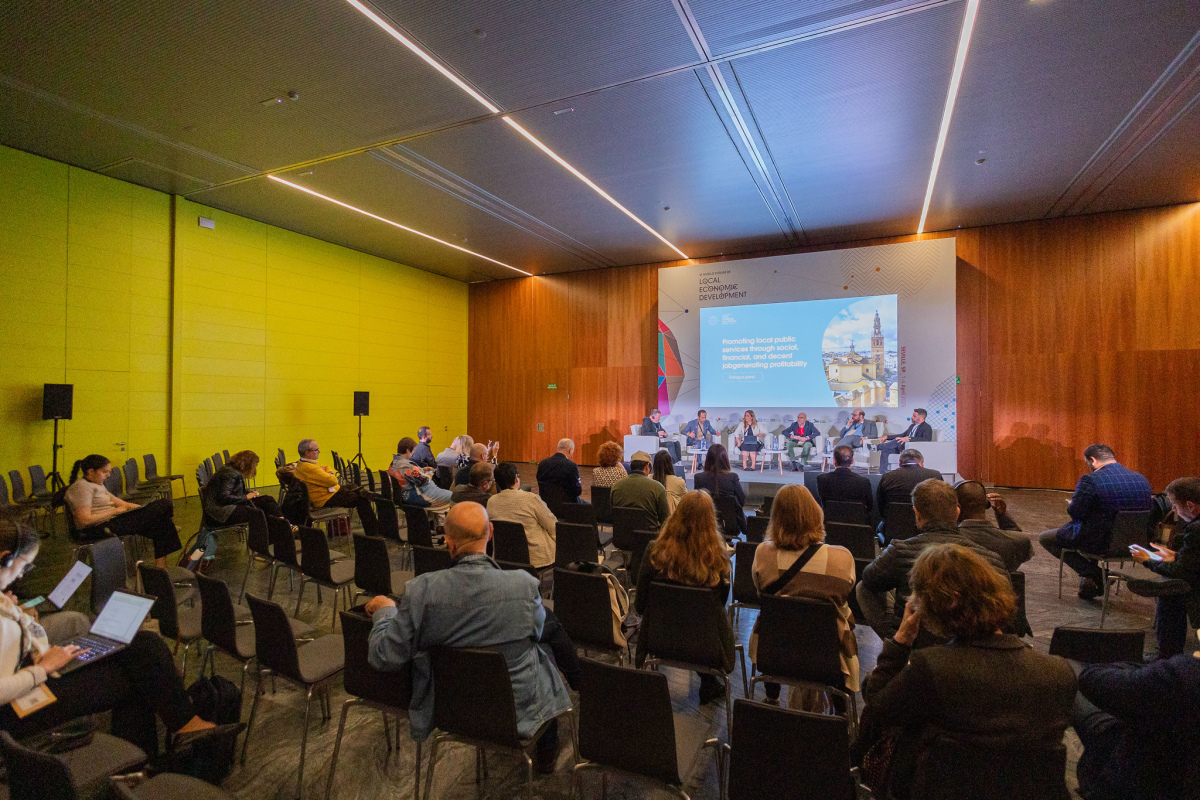
In parallel, other sessions offered tools and approaches to enhance LED. Experiences were shared in the panel Digital transformation for local development, with a focus on technological inclusion. There was a debate on how to promote local public services from the perspective of social and financial profitability and the generation of decent employment. A workshop on branding strategies and ecotourism addressed the potential of natural resources for economic development. Sustainable agricultural policies, the link between green employment and local knowledge, and the role of chambers of commerce and business coalitions in promoting economic development from the local level were also discussed.
The final declaration includes concrete proposals for a fair and decentralised financial architecture, with an emphasis on strengthening local public policies, the transition to sustainable economies, the recognition of the care economy and the promotion of place-based models. Key demands are highlighted, such as the creation of a permanent World Secretariat for the forum, the promotion of multi-stakeholder and multi-level alliances, and the transfer of these proposals to multilateral processes such as FfD4. It also advocates for transformative solutions with a gender focus, which place well-being, sustainability of life and social justice at the centre of development.
Read the final declaration (short version) here.
The Forum continues today, 4 April, with a full cultural agenda that will give participants the opportunity to learn about specific experiences of local economic development in Andalusia. From early in the morning, there will be visits to initiatives for the management of protected natural areas and the promotion of green employment in the province of Huelva; circular economy and solid waste management experiences also in Huelva; and a tour of the cultural heritage and sustainable tourism model of Córdoba, a World Heritage City. In Seville, there will also be a walk through the historic centre culminating at the Cathedral and a guided tour of the Royal Tobacco Factory. These activities seek to continue forging links between knowledge, culture and territory as part of the experience of the 6th World Forum on Local Economic Development.
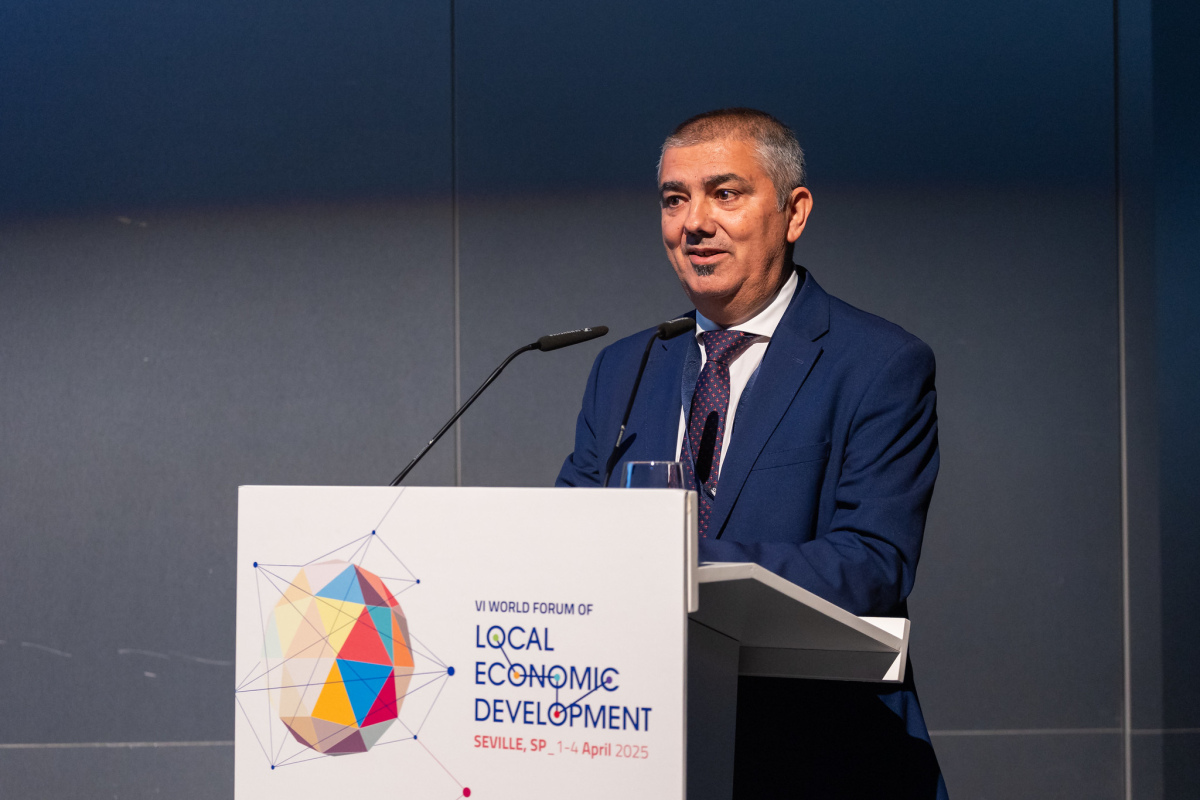
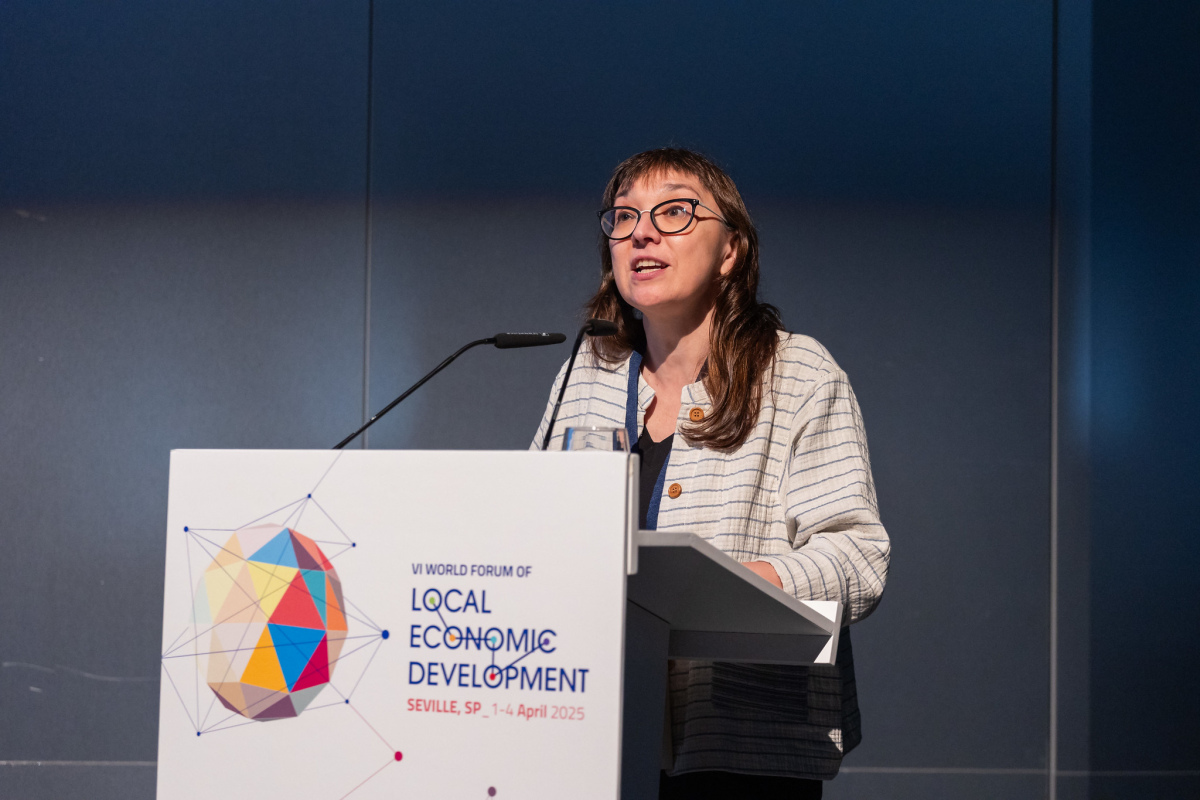
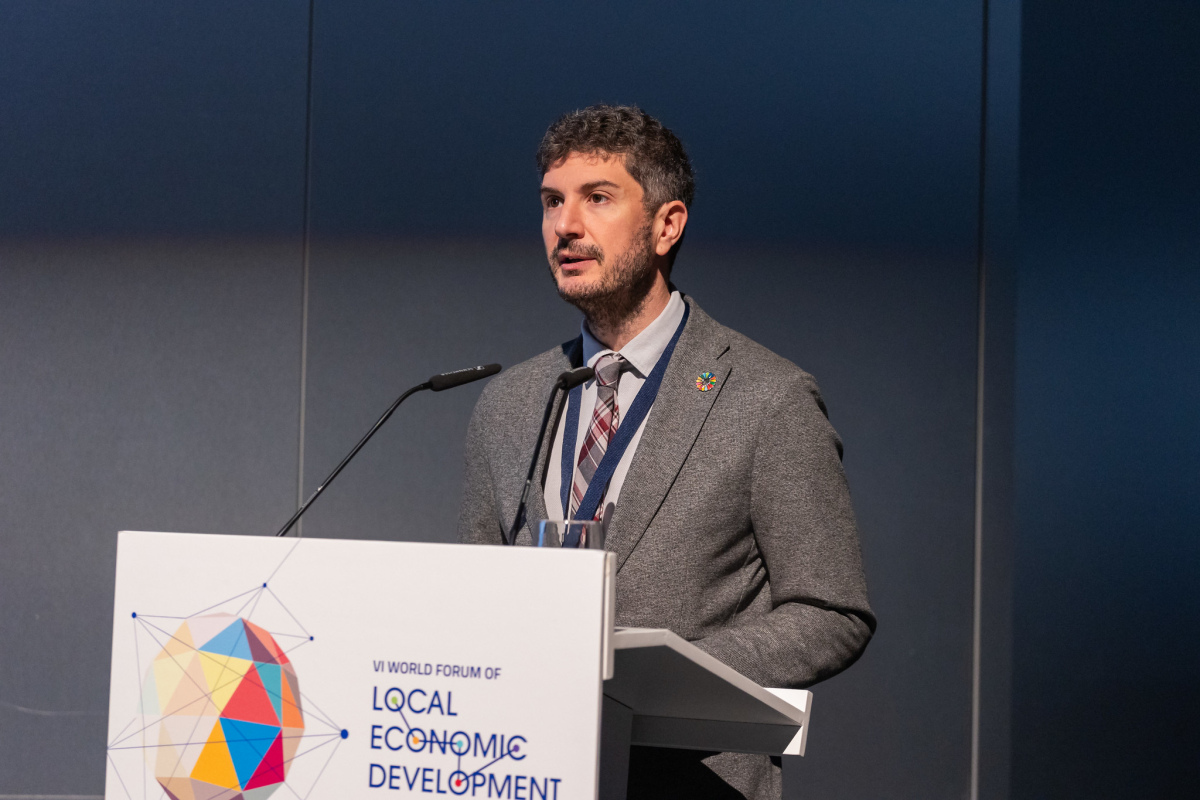
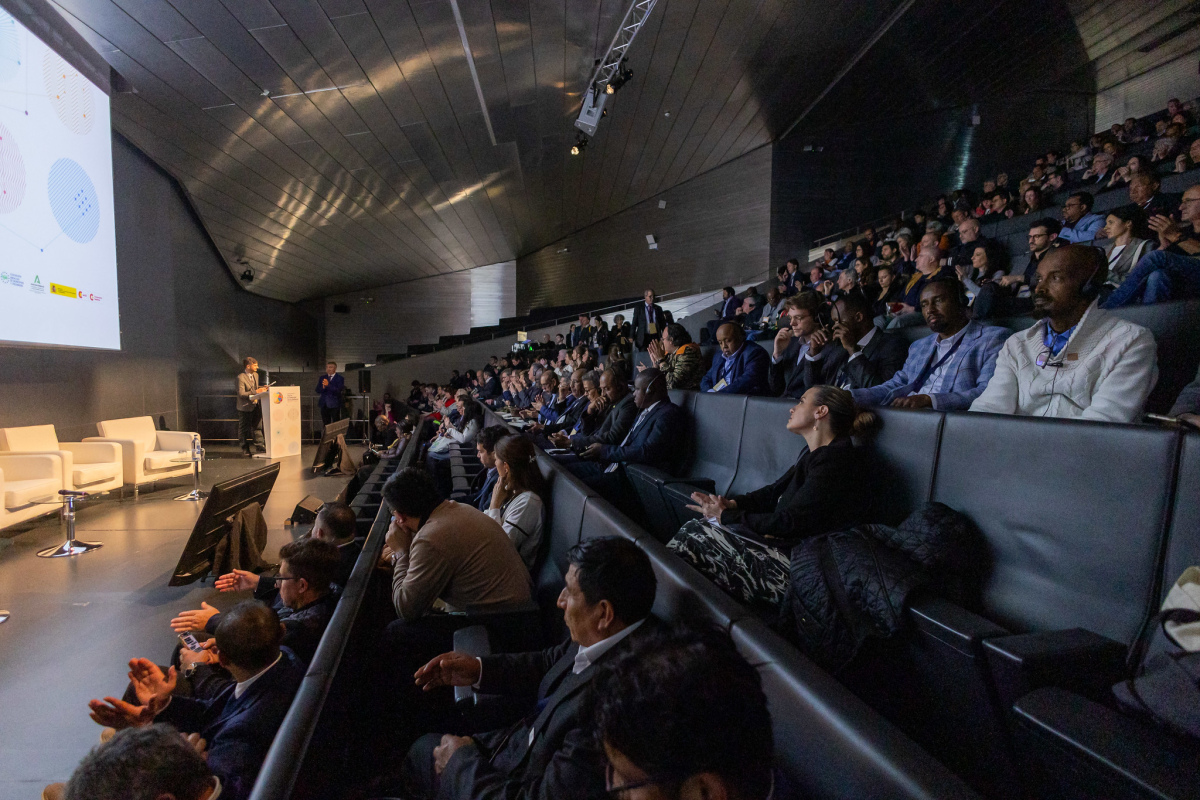
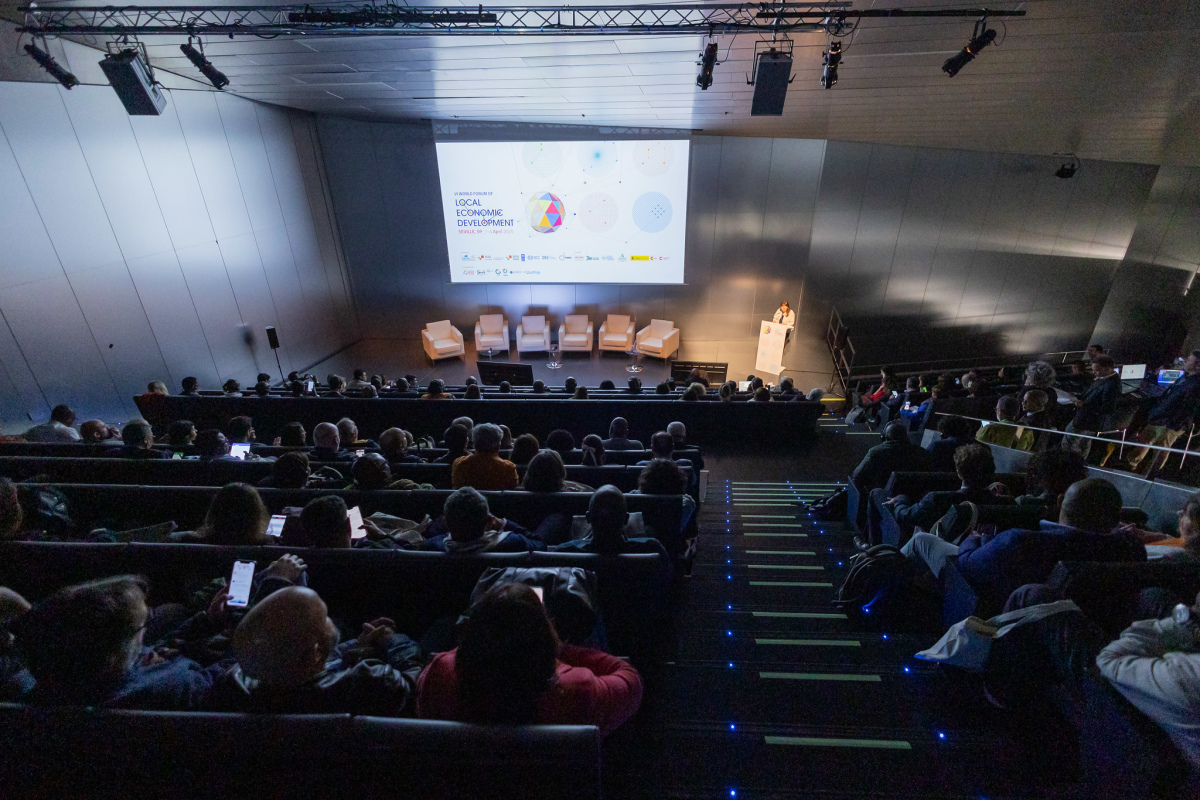
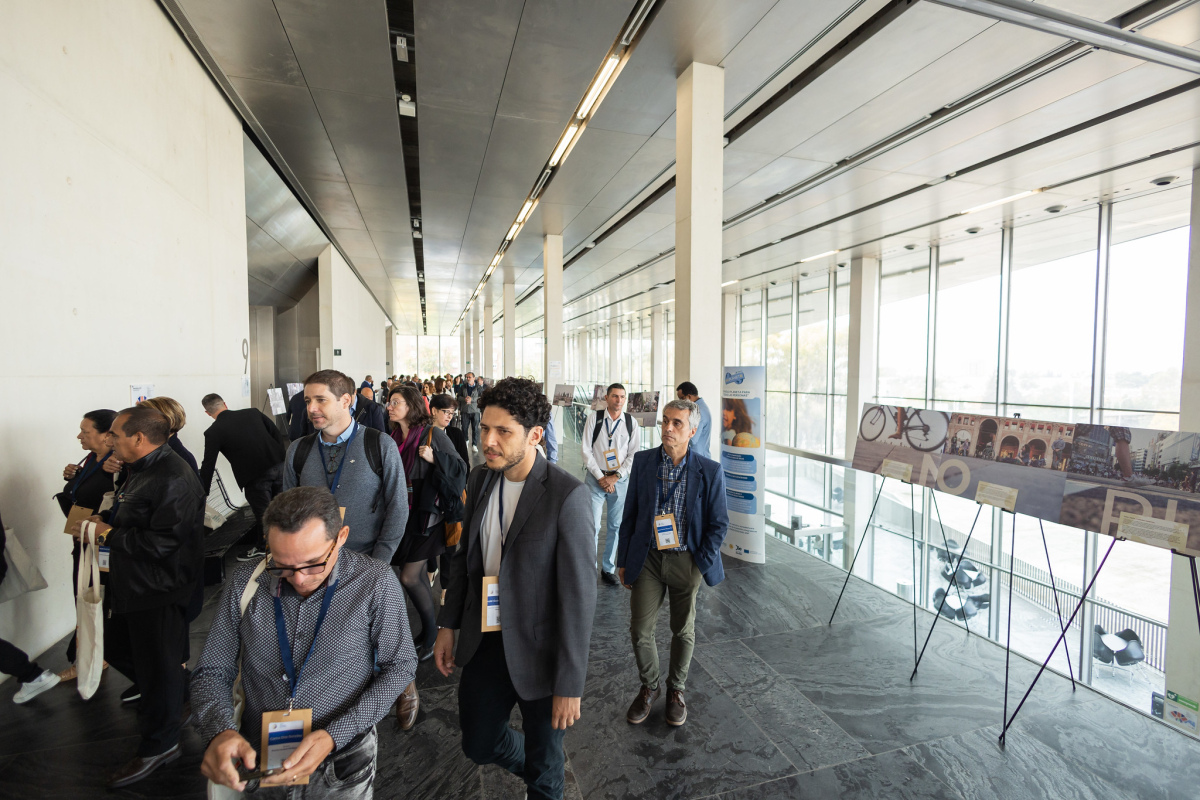
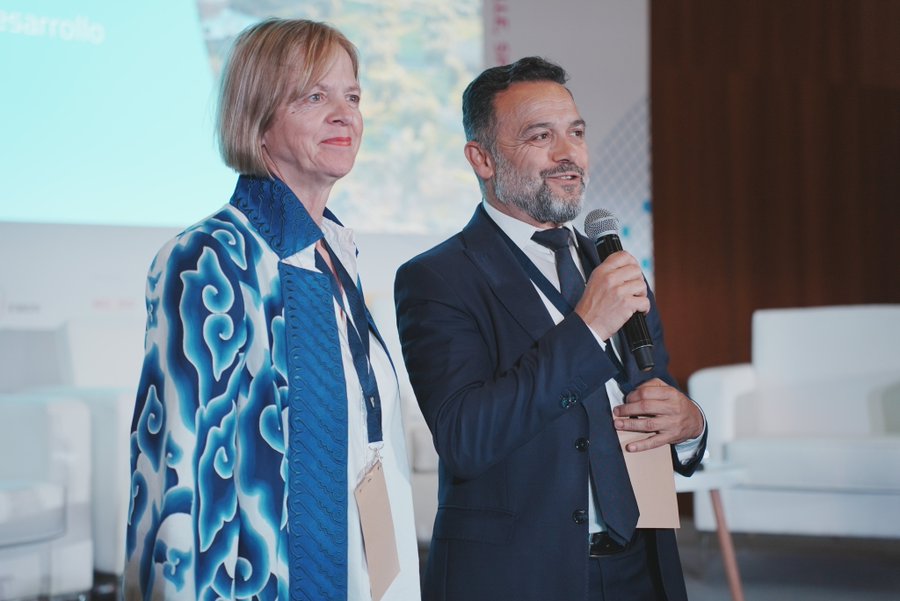
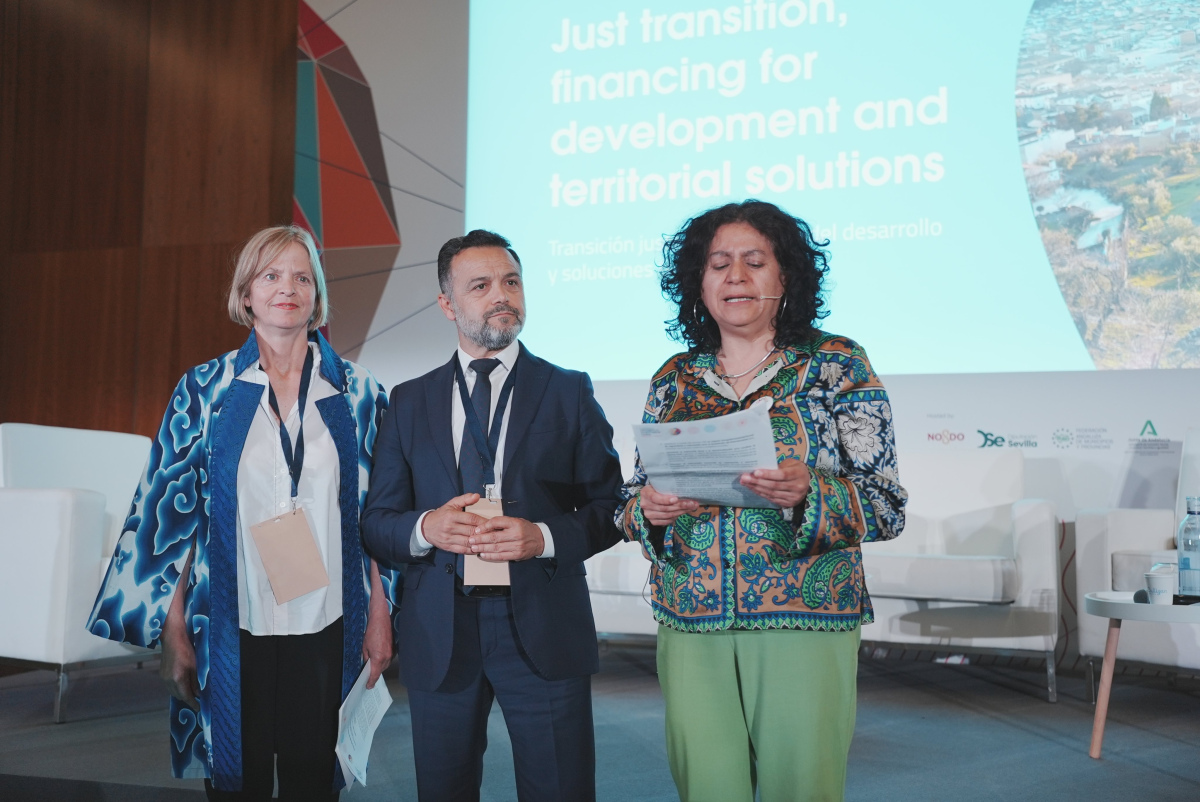
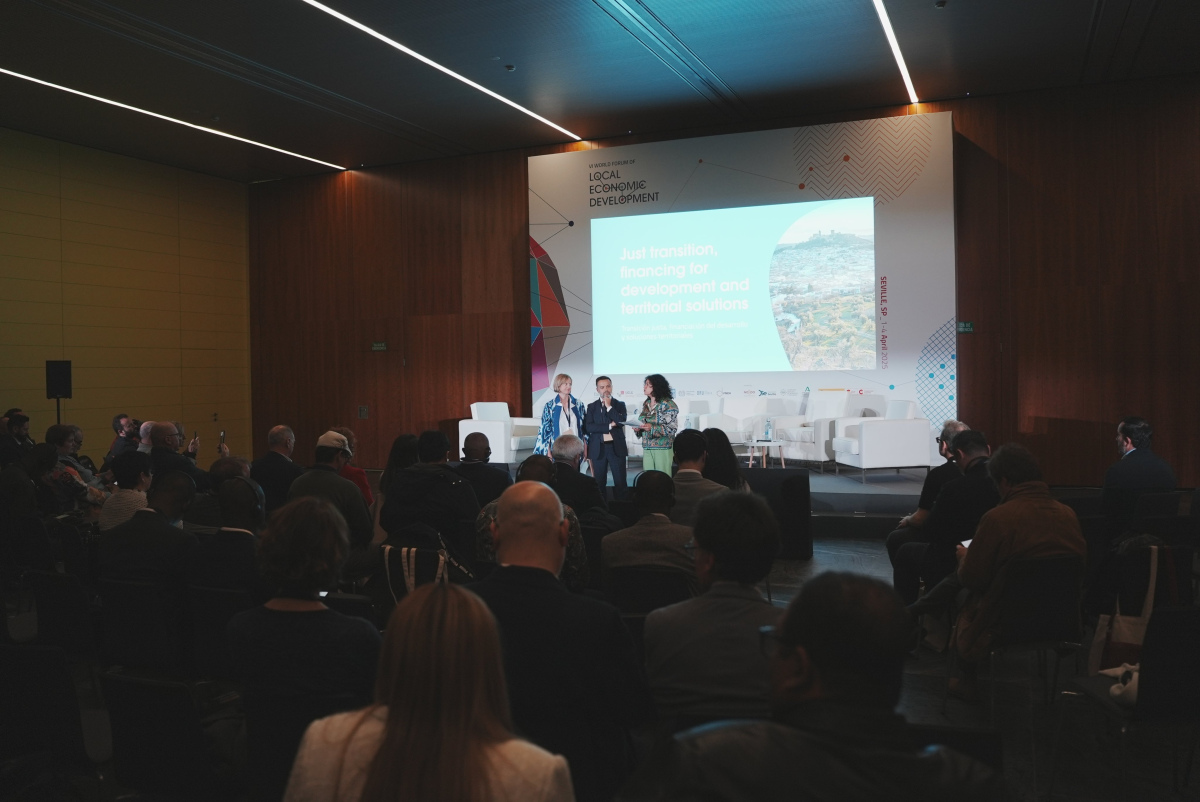
PHOTOGRAPHIC COVERAGE: https://www.flickr.com/photos/192772545@N04/albums/72177720324852471
